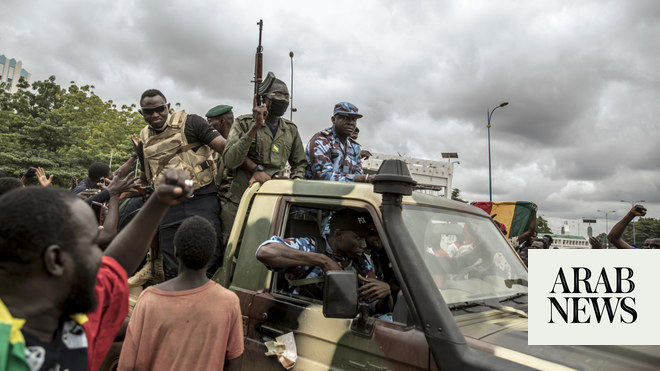
A report prepared for the annual Munich Security Conference revealed a surge in violent attacks linked to extremist groups in West Africa’s Sahel region.
It cited African Center for Strategic Studies data showing fatalities linked to extremist militant activity more than doubled from 2017 to 1,082.
The report is due to be published on Monday. The Conference will bring together more than 600 government leaders and other decision makers from February 15-17.
It said this surge in the attacks reflects the extremists’ growing capabilities and networking abilities.
According to extracts from the report, which were published by Reuters, three-quarters of battles with state security forces during 2018 were initiated by the groups. This means that these groups moved from self-defense phase, after the French intervention in northern Mali, to the attack phase against government forces.
On the other hand, there was also a growing “security traffic jam” of military forces in the area, including 15,000-soldier United Nations Multidimensional Integrated Stabilization Mission in Mali (Minusma), the 4,000-soldier France’s Operation Barkhane, four European Union military and police training missions, and the 5,000-soldier G5 regional partnership established in 2015.
The violence in the Sahel region, a semi-arid band below the Sahara, has also alarmed Germany and the United States, who have sent thousands of troops there to counter al-Qaeda and ISIS-linked groups.
Security challenges include the area’s vast size, human trafficking, climate change and rapid population growth, the report said.
French President Emmanuel Macron will not attend the conference due to some internal conditions in France while his country is the major supporter of the G5 Sahel countries, and its forces are engaged in a fierce war against terrorism in the Sahel region.
Mali’s President Ibrahim Boubacar Keita recently paid a three-day visit to Germany where he said: “Many terrorists who have come under attack by international troops are fleeing to the Sahel region. That has been exacerbated by the situation in Libya that resembles anarchy.”
“If the international community has come to an agreement to spend billions of dollars on East Africa that has been overrun by ISIS, then you should make sure the same phenomenon does not erupt at the other end of the continent,” Keita noted.
“If this protective barrier in the Sahel breaks, this phenomenon is going to spill over to Europe,” he warned.
He also stressed the need to fund the G5 joint military force, which was announced at the Brussels Conference early 2018.
The Sahel countries are waiting for financial assistance to launch a military force betting on them to fight terrorism in the region.










